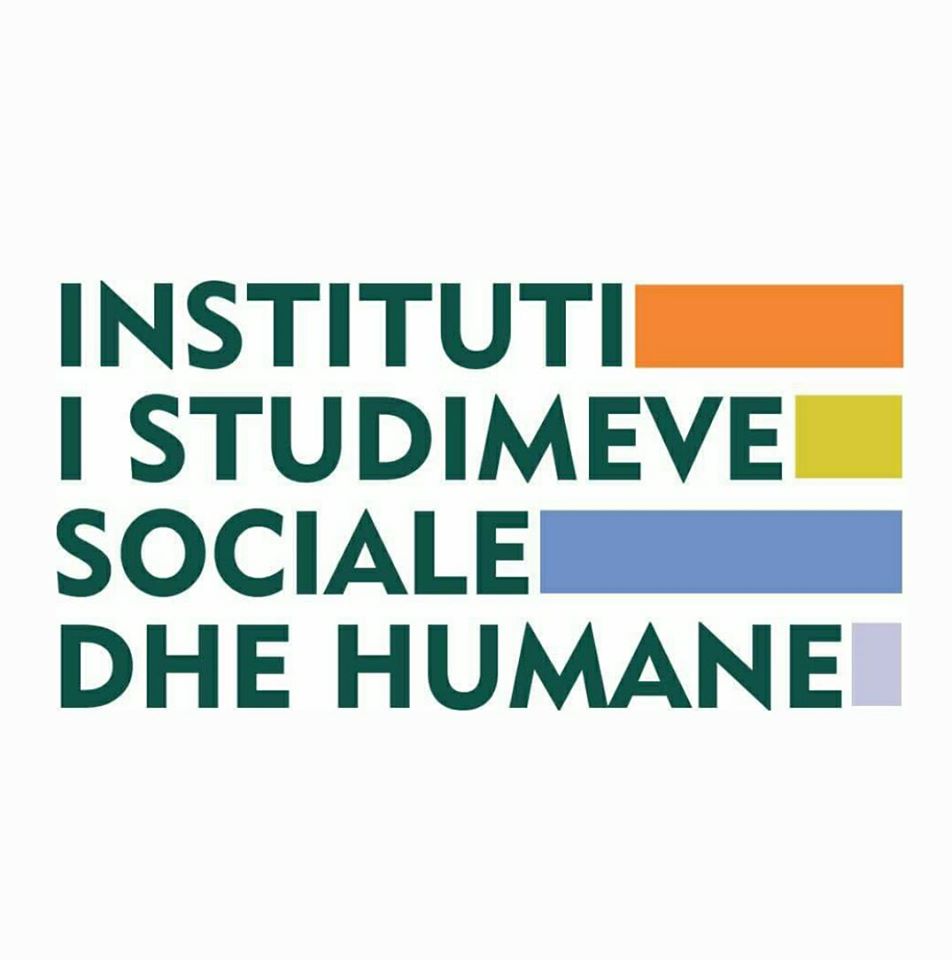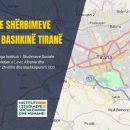The mission of the Institute of social studies and humanities
The Institute of social studies and humanities is a policy and academic center for the research and study of contemporary social dynamics. It is a non-profit research and scientific organization that brings together an experienced team of researchers, policy analysts, theorists and activists. It aims at interpreting present societal trends within the Albanian society with a strong focus on providing an innovative approach to the practice of research and analysis in the country. It aims towards rethinking future development trajectories and reshaping present discourses on the vision for the Albanian society and the Balkan’s region at large. The Institute’s work is guided by its commitment to emancipatory values of equality, freedom and social justice, principles which should serve as a main drive of policies and practices in the midst of the undergoing social transformation.
The Institute has embedded its activity within the social practice where the interplay of citizen’s actions, institutional practice and political events determine the complexities of the present context in Albania. It is this context that we aim to analyze, rethink and reshape through engaging with a wide range of actors that actively participate in the modeling of the present conditions of socio-economic, cultural and political potentials of the Albanian society.
Institute draws its interpretative method from the process of deconstruction and recontextualization of contemporary theories in the fields of sociology, anthropology, economics, critical cultural theory, gender studies, etc. adapting them to the actual needs of the context at hand. The multidisciplinary approach to research and analysis, enables the Institute’s team to extract patterns and tendencies as well as anomalies from the current social phenomena in order to reach to sound interpretations of the underlying societal and systemic currents that determine the everyday manifestations in the sphere of public space and discourse, economy, culture and education.
The Institute engages with the most pressing political, policy and cultural issues in today’s Albania by advocating for interventions that lead to the building of a more homogenized process of social transformation. One which does not increase social contradictions, but which contributes to general equality of the community. It proposes policies that enable a participatory and democratic environment both at central and local level of government, thus contributing to citizen’s active political action on the one hand and democratic capacity strengthening of the state institutions on the other.
The Institute aims to enable and contribute to strengthen the processes that generate new social spaces for engagement, discussion and exchange of progressive and scientifically rigorous arguments on the societal and political visions for the country. Its main contribution will be to reshape the debate on the path of the country by way of provoking the policy environment with data and analysis that are grounded on concise scientific research. This is of utmost importance at the time when the media and institutional political space is being increasingly occupied by personalized rhetoric, vague argumentation and ambiguous positions on important policy issues.
Objectives of our work
1. Intervene in the unexamined flow of political and policy debates by way of introducing a new rhetoric centered around data-based analysis and recommendations on the most pressing social, economic, educational and cultural issues.
2. Contribute to the development of innovative methods of social research in Albania through contestant composition and re-composition of different tools from scientific disciplines of social sciences and humanities. The development of new methods is crucial to the development of new social content which remains embedded within the very societal fabric as its core research material.
3. Reengage the political actors and stakeholders in a data-driven policy process which relies on the evaluation of current potentials and future prospects for a successful social transformation progress towards the European integration path of Albania. This reengagement will contribute to the de-escalation of the aggravated political discussion among the main political actors in the country, aggravation which ignores proper argumentation of policy positions thus leading to weak decision-making legitimacy.
4. Generate policy content to serve as reference points for the process of planning and implementing development policies and reform strategies in the fields of economy, culture and education. The current policy making practice lacks in extensive resource material which through precise and concise assessment of the context provides recommendations that are both realistic and effective for the transformation and reforms processes in Albania today.
5. Serve as a regional hub for exchange and planning for regional cooperation within the SEE region, by linking various actors and stakeholders and also by providing analysis regarding the current ongoing cooperation processes.
6. Provide various social actors with capacity building and training for the fields of policy analysis and social research which will contribute to a general improvement of the quality of policy debate and decision making in the fields of socio-economic, cultural and economic policies.






